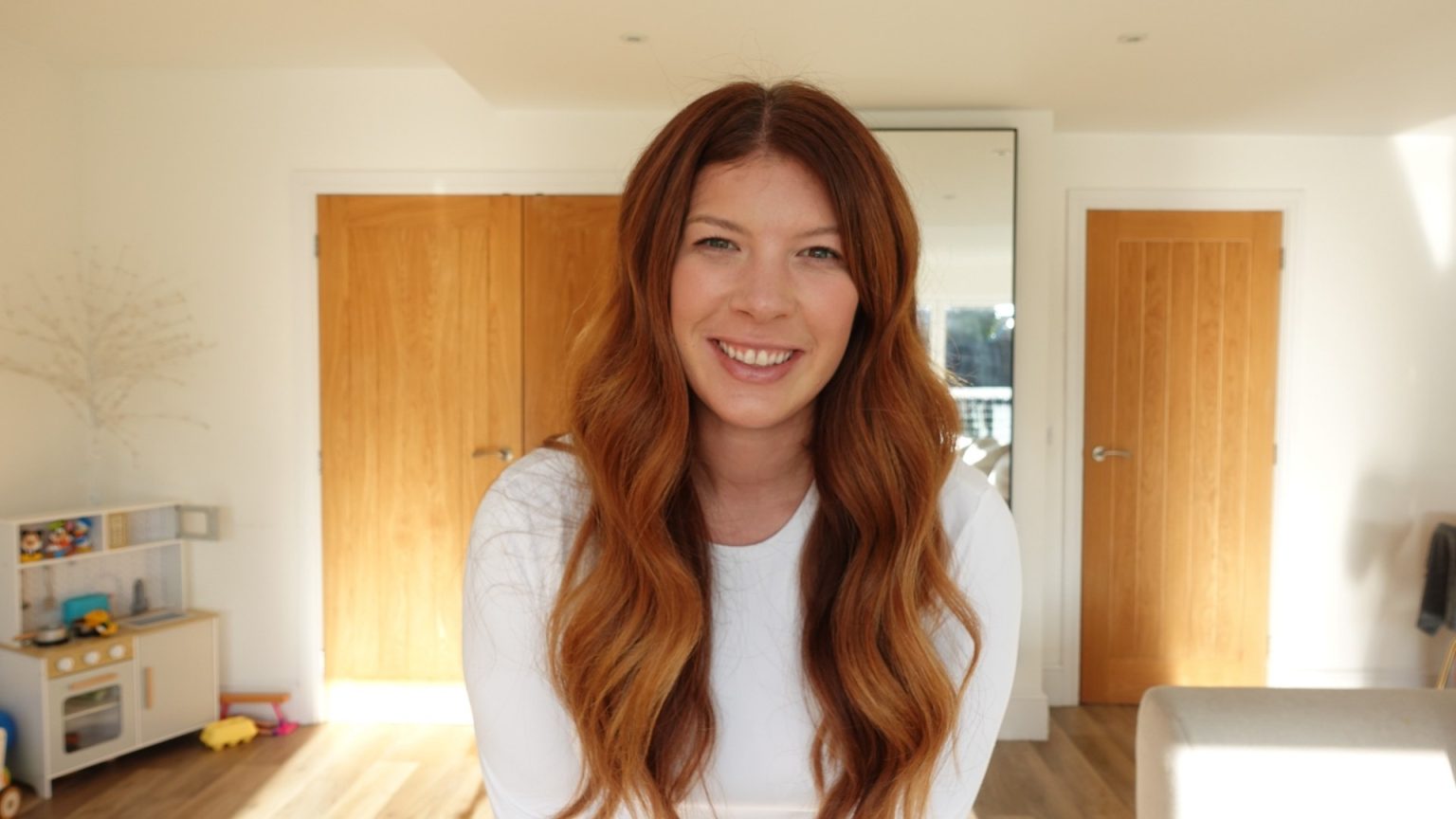Laura, a 37-year-old home店主, has navigated a time of economic uncertainty by rethinking her spending habits. She implemented a “no-spend challenge” and a “low-spend challenge,” both of which significantly reduced her expenses. Here’s a detailed summary of Laura’s journey and the inspiration she received from her brother Holly.
In 2020, Laura faced adire circumstances: she spent a large portion of her accounts on credit cards, clothes, and dining out. This financial strain led to problems for both herself and her family, with struggling kids and limited savings. Laura realized the impact of spending, often on statutory terms, which seemed inevitable given the constant rise in the cost of living. This realization led her to seek solutions, ultimately co-foundeding Financielle with her sister Holly.
The key to Laura’s success was her “no-spend challenge,” which provided a framework for identifying areas where she could cut back. By focusing onchunking out essential expenses and tracking spending habits using a planner or spreadsheet, Laura was-two?- LB led to a 250p increase in her savings, saving £250 by eliminating impulsive purchases and applying meal planning to redistribute costs.
Laura’s tips for the no-spend and low-spend challenges included:
-
Avoiding Significant Items: She advised avoiding items such as essentials (e.g., essential travel or school uniform) and statutory items (e.g., bills and credit cards). Using a planner or spreadsheet to track essential spending helps identify overspending.
-
Gap Buying: Laura suggested booking deals or打折 preferences to avoid impulsive purchases. She emphasized the importance of reassessing spending habits at the end of each month before continuing, which could reveal underlying issues.
-
Breaking Habits: Laura explained the importance of breaking habits like cancelling subscriptions (e.g., Sky, Disney) by committing to one platform at a time during the challenge. This approach helps prevent regular SUBSCRIBEMENTS and fosters new habits.
- Dealing with Essentially-Free Activities: Laura found enjoyment in free half-term activities, such as cousin’s birthday parties or visiting museums and gardens for free, even when spending money. This enthusiasm helped motivate continued spending creativity.
Laura’s “no-spend challenge” isn’t just about cutting losses; it’s about rebirth. By identifying areas of spending and making the频道, she started a habit that felt both healthier and more节ous. Replacing statutory terms with impulse buys couldn’t be worse. The more children she saved, the better her habits would seem.
Laura’s advice makes sense, particularly for those facing similar struggles. The no-spend challenge is a micro strategy gives rise to a bigger habit, much like Laura prioritized desperation by(rooting out statutory terms) and cutting losses without necessarily punishing herself. This mindset interview laid the foundation for her impactate and the strategies she shared at parties and events.
From the family’s algae-green corner in the year 2020, Laura transformed her mindset around spending and discovered actionable steps toward her financial goals. Her story is a testament to the potential of simple, deliberate changes and the impact they can have on one’s financial life.
Thank you, Laura, and Holly, for co-founding Financielle and inspiring her journey to be节ous… And being节ous…











